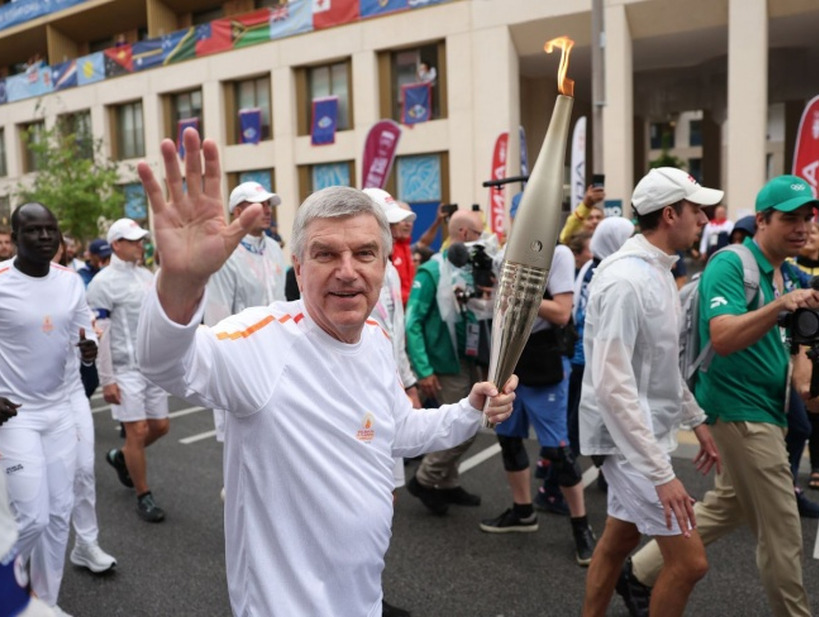
In the ever-evolving world of journalism, artificial intelligence has emerged as both a disruptor and an ally. As newsrooms brace for the Paris-2024 Olympics, AI tools are being deployed to streamline workflows, enhance storytelling, and tackle the deluge of information. But this technological leap is not without its challenges, raising questions about ethics, creativity, and the very essence of human journalism.
Imagine a newsroom where algorithms sift through mountains of data, spotting trends faster than a seasoned editor. AI is no longer a futuristic fantasy; it's the silent partner in crafting headlines, generating summaries, and even predicting audience engagement. Yet, as these tools grow smarter, journalists find themselves walking a tightrope between efficiency and authenticity.
"AI can analyze patterns, suggest angles, and even draft articles, but it lacks the soul of storytelling," notes a veteran editor. The human touch—those nuanced observations and emotional connections—remains irreplaceable. But with AI handling the heavy lifting, journalists can focus on what they do best: digging deeper, asking tougher questions, and weaving narratives that resonate.
As AI becomes more integrated into news production, ethical dilemmas loom large. Can algorithms be trusted to remain unbiased? Who takes responsibility when an AI-generated piece goes awry? These questions are not just theoretical; they are pressing concerns as newsrooms navigate the fine line between innovation and integrity.
With the Paris-2024 Olympics on the horizon, newsrooms are gearing up for one of the most data-intensive events in recent memory. AI will play a pivotal role in covering the games, from real-time analytics to personalized content delivery. But as the world watches, journalists must ensure that the stories told are not just fast, but also fair and factual.
In the end, AI is a tool—a powerful one, but still just a tool. The future of journalism lies in the hands of those who wield it, blending the precision of machines with the passion of human storytellers. As the industry evolves, one thing is clear: the heart of journalism will always beat with a human pulse.


















